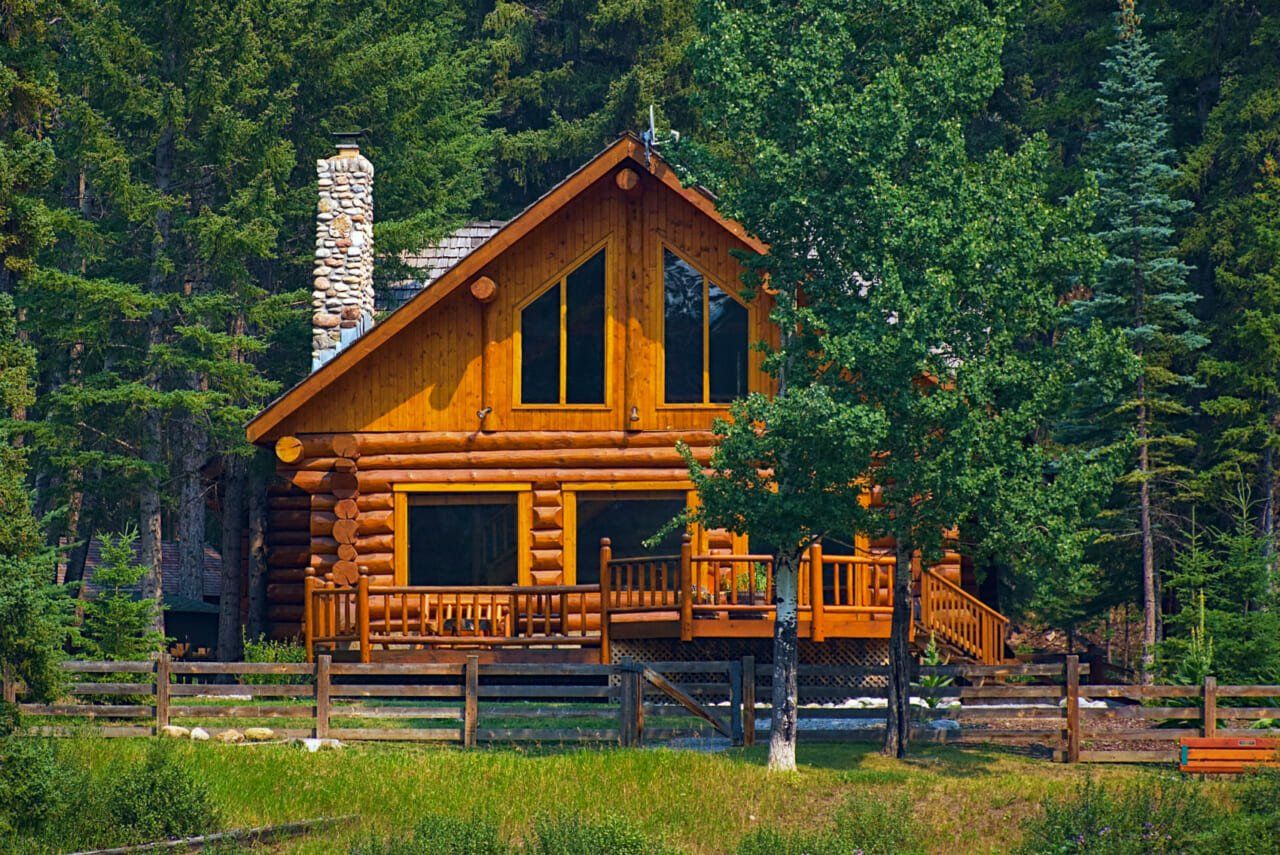If you are like most people, you’re hungry for travel—even if it’s just a weekend getaway somewhere close. The coronavirus pandemic has cancelled and put on hold countless travel plans, and while we’re still dealing with the grappling effects of the pandemic, there is a light at the end of the tunnel—at least for travel. Many international trips are still on hold, but domestic travel seems to be on the rise, especially air travel, according to the Transportation Security Administration, as are home rentals.
Many travelers are still hesitant about staying at a hotel, so they’re turning their target towards vacation homes and rental properties instead. “People have had time to become accustomed to a new way of doing things—wearing face masks, washing hands frequently, and maintaining physical distance—and testing is more readily available than it was a few months ago,” says Frank Ong, MD, Chief Medical and Scientific Officer at the at-home lab testing company Everlywell.
To make guests feel safe, owners and property managers at various rental properties are also going the extra mile to protect guests in more ways than just implementing extensive cleaning protocols. For example, Jason Milovich, owner of Bluefish Vacation Rentals has extended the standard turnover time from six hours to nine hours this year to allow housekeeping more time for a thorough clean. “All laundry is also taken off-site to a commercial laundromat since their heat temperatures are higher than a standard washer/dryer,” he says. “We have also allowed a more flexible cancellation policy, offering full refunds to guests that have COVID-related issues preventing their reservation from occurring.”
Of course, not all vacation rentals are the same. So, if you’re considering renting an AirBnB or using a similar service some time over the next several months, check for these signs to ensure that your rental property is taking the necessary precautions to keep you safe and healthy.
It’s a single house or a standalone property
Now is not the time to save a few dollars by renting a couch or a room in someone’s residence, warns Dr. Ong. “A standalone vacation home or rental property is likely to be safer than a ‘shared space’ rental or even an apartment or condo that shares a building with other units,” he says. “Most major rental sites have an option to filter by ‘entire home,’ which is your safest bet for the foreseeable future.”
The rental is not booked solid
Usually, a busy rental with little or no unoccupied days between guests was a sign of quality, but now it increases the risk of spreading COVID. “The more people sharing a confined space in a compressed window of time, the more likely it is that someone infected with COVID-19 may have contaminated the space,” explains Dr. Ong. “Even a thorough cleaning can do little to protect you from aerosolized droplets of SARS-Cov-2, which can linger in the air for as little as a few seconds to as long as a few hours.”
There are recent reviews
Reviews are important, especially during a pandemic. In addition to having a large number of reviews, it’s ideal if a handful of those reviews are from the last several months while the coronavirus pandemic has been going on. “If a home has no reviews, it is a good idea to check on the listing page if property is represented by an individual homeowner or a company, as it may be a safer bet if it is a company representing a new property, rather than an individual,” warns Milovich.
They offer portable air filters
Pre-COVID, portable air filters would have been a nice bonus, but now they’re essential. “Some portable air filters with HEPA filters are designed to filter out particulate matter, including miniscule virus particles that are invisible to the naked eye,” says Dr. Ong. If your rental doesn’t come with at least one, it might be a good idea to bring one, especially if you or someone in your party is immunocompromised or elderly.
There is extensive cleaning
If an AirBnB doesn’t have detailed information about the cleaning policies on the listing, contact them to find out before booking the place. “At minimum, the rental should be thoroughly cleaned and disinfected between guests by someone wearing a face mask. Ideally, the cleaning staff should also be getting tested for COVID-19 regularly,” says Dr. Ong. “If this information isn’t listed on the rental listing, call or email the owner to ask.” As with other businesses, rental properties should have updated regulations and offer transparency regarding cleanliness.
The cancellation policy is flexible
“During these unprecedented times, it is essential that guests are allowed a wider berth when it comes to cancellations,” says Milovich. “An Airbnb property owner worth their mettle will have a flexible cancellation policy during COVID.” At the end of the day, this courtesy also goes to show that a homeowner or rental company is taking the pandemic seriously and respects their tenants.
You might also like: The 18 Best Glamping Destinations Around The Country

